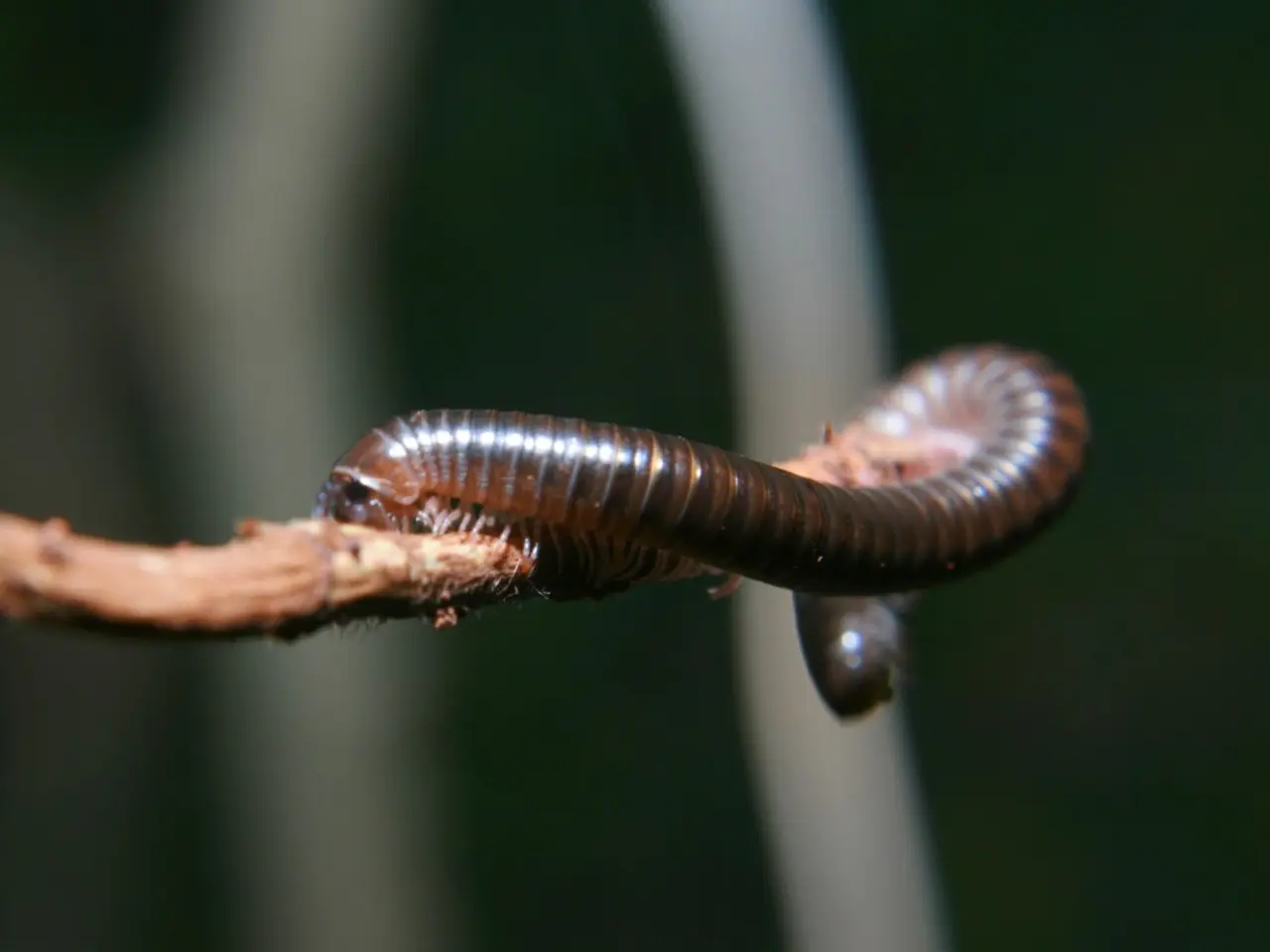New Covid Variant, 'Kraken', Sparks Worry due to Potential Threat
In recent developments, the XBB.1.5 subvariant of Covid-19 has emerged as a significant concern, making up 97.5% of all local infections in China, according to the Chinese Center for Disease Control and Prevention. This subvariant, known for its superior transmissibility and immune escape abilities, has become a topic of interest worldwide.
XBB.1.5 has been identified as more transmissible than previous Omicron subvariants, making it easier for the virus to spread [1][3]. Moreover, it demonstrates superior immune escape, meaning it is better at evading immunity from prior infection or vaccination. However, recent data indicate that updated booster vaccines targeting XBB.1.5 are safe and elicit robust neutralizing antibodies, improving protection against this variant [2][4]. Animal studies also support that XBB.1.5-specific vaccines reduce disease and transmission [5].
Despite its enhanced immune evasion capabilities, bivalent and updated monovalent boosters designed for Omicron and specifically XBB.1.5 have shown to significantly improve immune protection compared to earlier vaccines formulated against ancestral strains [2][4].
In the United States, XBB.1.5 is the predominant strain in some regions, such as the Northeast, and accounts for a substantial and growing proportion of infections. This has contributed to increased hospitalizations among older adults [1]. As of August 2025, no specific up-to-date information on China’s situation regarding XBB.1.5 has been found.
The World Health Organization's Covid-19 technological lead, Maria Van Kerkhove, has labelled XBB.1.5 as "the most transmissible sub-variant which has been spotted yet." However, the variant has yet to be reported domestically in China. Researchers are warning that subvariants like XBB pose "major risks" to current Covid vaccines [6].
In the US, just 15% of the population aged 5 and above has received an updated bivalent booster dose, and the rate is somewhat better amongst the at-risk senior population, with less than 4 in 10 receiving the shot. Hospitalization rates for Covid are already increasing amid a surge in other winter-season infections like flu.
The public in China is concerned about the potential impact of XBB.1.5, leading to the sale-out of anti-diarrheal medicine due to a viral post claiming it causes vomiting and diarrhea. The WHO is preparing to launch an updated assessment on the risks of the XBB.1.5 variant in the coming days.
In northeastern states, XBB.1.5 has accounted for more than 70% of all infections. Information remains limited on XBB.1.5's severity and its tendency to cause severe illness or death. XBB.1.5 has been identified in at least 28 other countries, according to the World Health Organization.
The new Covid variant, XBB.1.5, is an offspring of the omicron XBB subvariant. The WHO names Covid variants using the Greek alphabet, but the last Greek-named variant, omicron, left no room for the introduction of new, significantly different pressures.
Stay informed and up-to-date with public health updates as new data becomes available. If you have any specific queries or need further information, feel free to ask!
References: [1] Chinese Center for Disease Control and Prevention [2] National Institutes of Health [3] Centers for Disease Control and Prevention [4] World Health Organization [5] Proceedings of the National Academy of Sciences [6] The New York Times
Health and science experts have expressed concerns over the XBB.1.5 subvariant of Covid-19 due to its enhanced transmissibility and superior immune escape abilities. This subvariant, which has become prevalent in various regions worldwide, including China and the United States, may evade immunity from prior infections or vaccinations. In an attempt to combat this variant, updated medical-conditions vaccines targeting XBB.1.5 have been developed, and early data indicate they offer significant improvements in immune protection compared to earlier vaccines.




